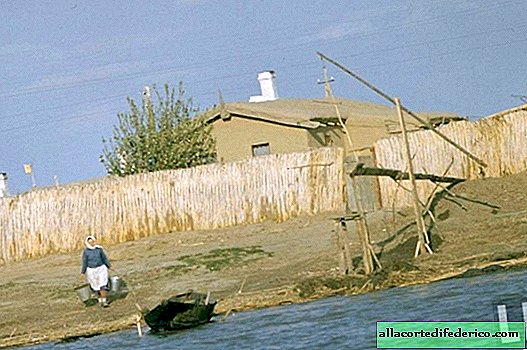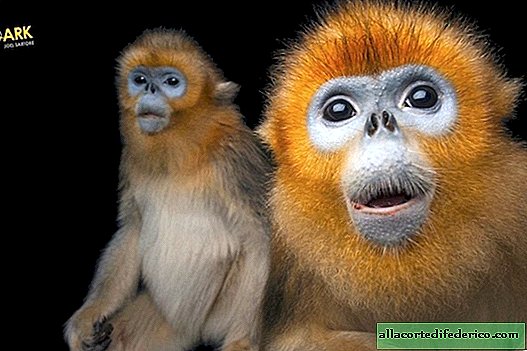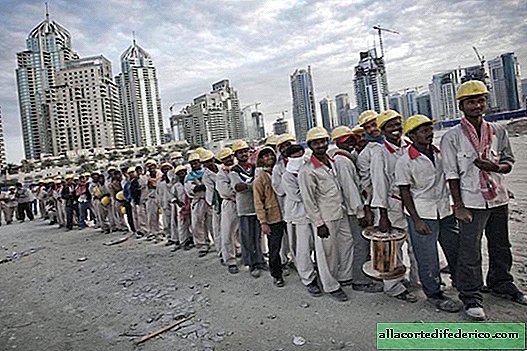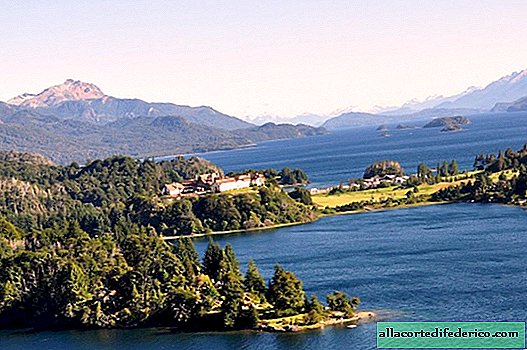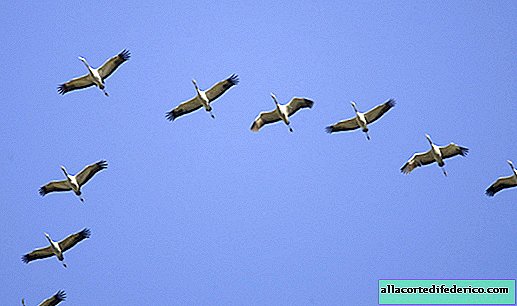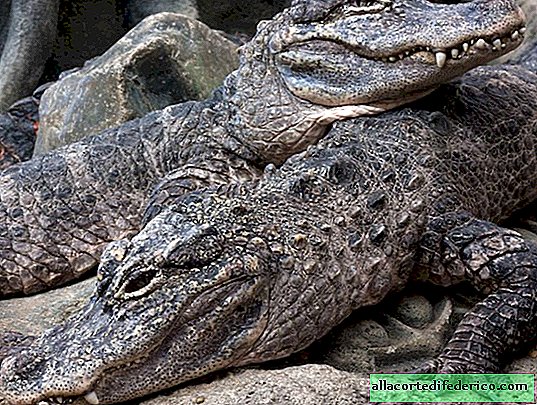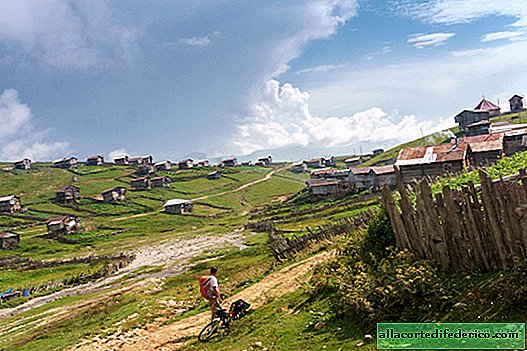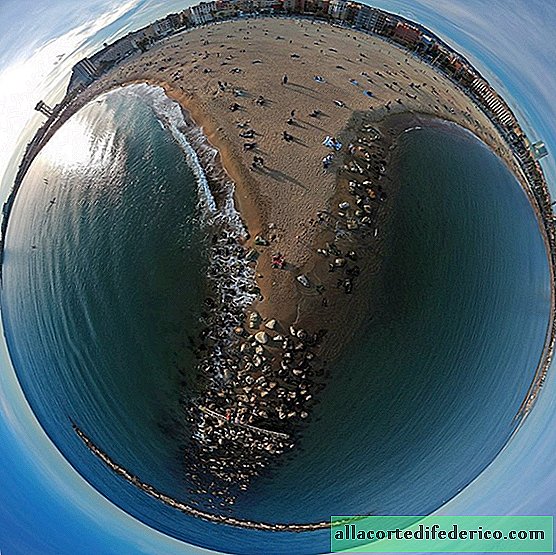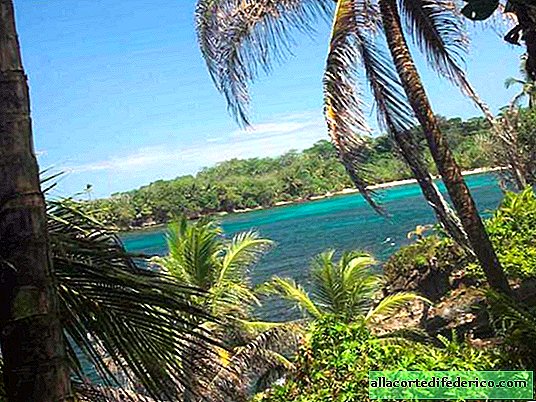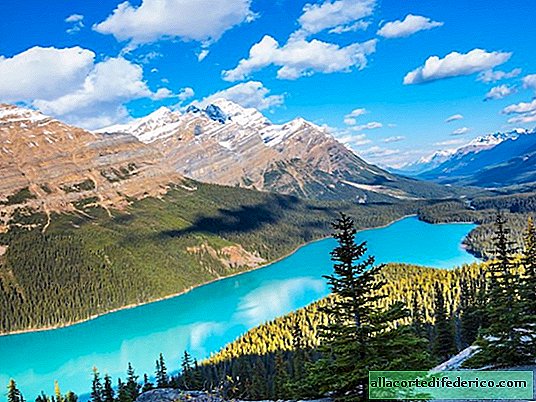Unexpected salvation: due to the fall in solar activity, the Earth expects a cooling
Against the backdrop of frightening news about the changes on our planet associated with global warming, the events taking place on the surface of the Sun will seem like a real salvation. It turns out that our planet expects cooling due to a decrease in solar activity. If these events do not lead to global cooling, then at least they can significantly slow down the negative processes associated with warming.

On the surface of the Sun, processes are continuously taking place that lead to an increase or decrease in solar activity. Scientists distinguish 11-year activity cycles of our star, which may differ in the number of sunspots on the surface of the sun. The next cycle will begin in 2020, but now researchers note that the activity of the luminary has declined, with which the harsh and protracted winter of 2018 can be associated with in many regions of the northern hemisphere. According to scientists, the next three cycles will be accompanied by a decrease in the number of spots in the sun and a general decrease in the activity of our star. Interestingly, such processes occur regularly, and in the history of mankind there are many examples of how a decrease in the activity of the sun led to a cooling on the planet.

The most famous cooling period of the last millennium is called the minimum of Maunder. It occurred in the years 1650-1715 and was accompanied by a marked decrease in temperature. During these 6 solar cycles, the number of spots on the Sun did not exceed 50. In this regard, the Maunder minimum became the coldest period in the history of the small ice age, which lasted on the planet from the XIV to XIX centuries. In historical records, one can find a lot of evidence that the small ice age was accompanied by a significant cooling: in Paris until the end of April there were snowdrifts, the Bosphorus Strait was covered with ice, and late spring and early onset of autumn led to crop failures and starvation.

Most experts believe that the decline in sun activity that awaits us in the next 30 years is unlikely to lead to such global changes. Although there are pessimists urging mankind to prepare for the worst. Under the conditions of the strongest anthropogenic factor, which is having an ever-increasing impact on the climate, it is rather difficult to make any accurate forecasts. It is possible that a decrease in solar activity levels out the effect that greenhouse gases have, and processes related to global warming will slow down on our planet. It is likely that a snow cap will reappear on Kilimanjaro, the level of the Caspian Sea will cease to fall, and polar bears on the shores of the Arctic Ocean will no longer suffer from sweltering heat and melting glaciers.

The material is copyrighted, when copying a link to an article or travelask.ru site is required


